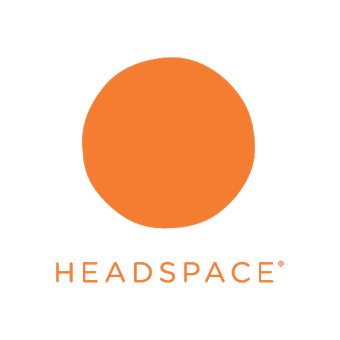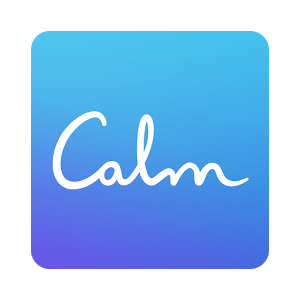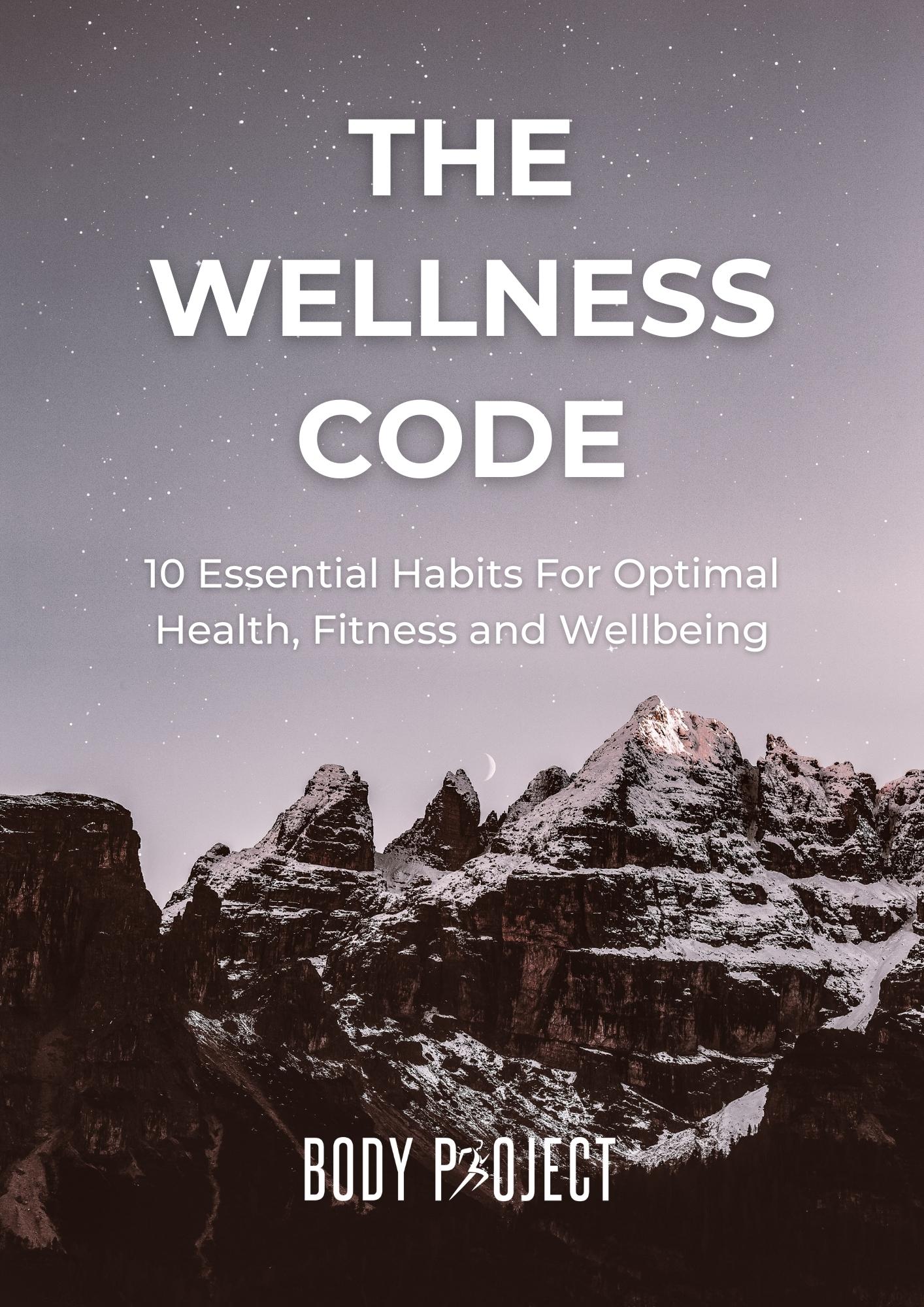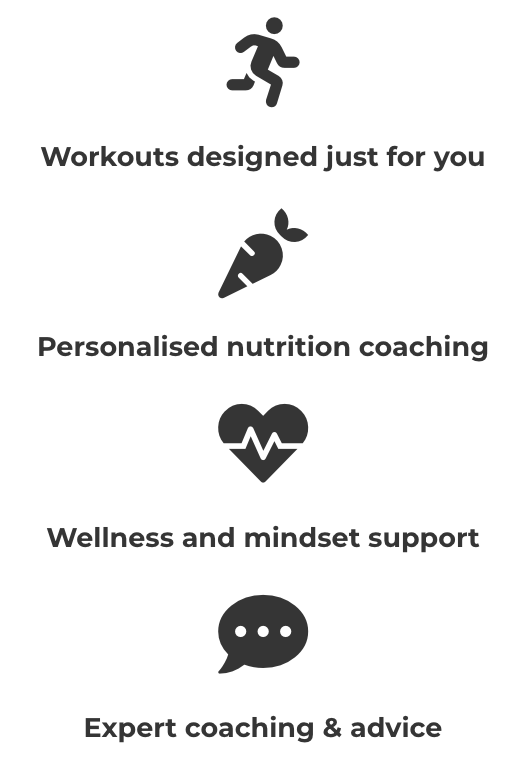For beginners, meditation can seem a little abstract, pseudo-scientific, or not to your spiritual taste. Beginners in meditation are often put off for these reasons, and it can be hard to know where to start when it comes to mental wellbeing. Many people struggle in their first meditation sessions often because of challenging emotions that arise during practise, such as frustration, boredom or sadness. Some people feel like meditation doesn't do anything for them, or they just fall asleep when trying to meditate.
You can think of meditation as exercise for the brain. In the same way you can't expect to be physically well without moving your body, you can't expect to be mentally well without training your brain. It's worth noting that physical and mental wellbeing are intertwined: when one suffers, the whole system does. When you're thriving in both areas you're more able to show up as your best self, learn effectively, form healthy relationships, perform at your peak, think clearly, and importantly feel good. The incredible positive effects of meditation on physical and mental health are recognised by hundreds of millions of people the world over, well-documented in Eastern culture, and increasingly well-researched and validated by Western science.
If you're not sure how to get started with meditation, or have already tried with unsatisfactory results, then read on. In this article I'll explain some of the fundamental concepts surrounding mindfulness/meditation, and introduce you to a variety of techniques so that you can find what works for you.
The Difference Between Meditation and Mindfulness
Beginners to meditation and mindfulness are often unaware of the differences between the two terms. For best results, it's beneficial to understand the differences and similarities between the terms.
What Is Meditation?
"Meditation" refers to a wide range of practises and techniques to achieve a state of mindfulness, concentration, and emotional regulation. Meditation is by far the most effective training I’ve found to make mindfulness come more easily when I need it the most. This is because it teaches powerful skills such as patience, compassion, perspective, equanimity, and resilience.
Meditation impacts us in far-reaching ways. Fascinatingly, when a person practises meditation, the changes in their behaviour impact those around them, so we all share the benefits!
What Is Mindfulness?
Meditation makes us mindful. The term mindfulness refers to the practise or skill of being focused and present in the moment. Simple, but not necessarily easy! We often get caught up worrying about the future or ruminating over the past, but in reality all we have is the present. A common method of grounding ourselves in the now is to focus on the breath. This works well as it's an omnipresent point of focus, and can give us clues about our current physiological and psychological state. Further still, we can manipulate our breathing to reverse-engineer a sense of calm and peace, even when we’re really stressed.

Fun Fact
Your lungs are controlled by the autonomic (think automatic) as well as the somatic (consciously controlled) nervous system. You can’t consciously change the function of your heart or intestines for example - they’re fully autonomic, but the breath is something you can manipulate.
Self-Awareness For Beginners
One of the most profound things we stand to learn from meditation is that it’s not what happens to us that makes us feel emotions like anger, disappointment or shame, but what we tell ourselves about the situation. It's about how we interpret and process our experiences. It’s not the traffic jam, hurtful comment, or tax bill that makes us so upset, but the way we think about those things. When we become aware of our thoughts that we can begin to challenge them. To build awareness of ourselves, our behaviours, and the thoughts/beliefs that drive them, we must practise mindfulness. Beginners in meditation are often stunned at the self awareness they can achieve in such a short time, and the wide-ranging cascade of effects on their lives.
The Habit Of Meditation
Meditation is similar to exercise... it can feel like hard work, and it can also feel really fun and fulfilling. Importantly, if you practise regularly you’ll see the benefits throughout all areas of your life. If you stop practising your skills will slowly decline. Just like exercise, you'll want to make mindfulness a life-long habit. For beginners, meditation can feel strange, uncomfortable, or even difficult at first, so be ready to give it a few tries in order to experience the incredible benefits.
The mindfulness and awareness gifted to us by meditation extends far beyond our focused practise. Think of meditation as the 1% of your day that makes the other 99% better. With regular practise you could enjoy:
- Increased self-awareness;
- Skills and techniques to manage stress;
- More patience and tolerance;
- Ability to concentrate and focus on the present;
- More creativity and imaginative power;
- Reduction in negative emotions including anger;
- Increased compassion towards yourself and others;
- Reduced chances of burnout or dissatisfaction at work;
- Improved quality of life (for those with long term or serious health conditions);
- Reduced symptoms of anxiety and depression;
- Better quality sleep;
- More mindful eating behaviours;
- Improved communication and satisfaction in relationships;
- Reduced risk of cardiovascular disease and a healthier heart;
- Increased ability to manage pain.
How To Meditate For Beginners
In meditation, we sit quietly with ourselves. Typically, meditations will begin with some focus on your breathing or some other aspect of your experience. From there, you might aim to “just be” in a calm state, or you might practise concentrating on specific sensations, sounds or ideas, or even go on a journey through visualisation.
There are lots of different types of meditation, and all sorts of ways to meditate, so you’ll want to explore to discover what works for you in order to find something that suits your goals and preferences. You could try:
Mindfulness Meditation
Observing thoughts in a non-judgemental way as they come and go. I would recommend this as the most effective technique for most beginner meditators.
Focused Meditation
Deep concentration using any of your senses, eg sound baths, aromatherapy meditation, or simply focusing on a specific sensation such as the feel of your feet on the floor.
Movement Meditation
This could include yoga, running, gardening, swimming, dancing... any activity where you focus fully on your body and its flow between movements.
Mantra Meditation
Repetition of a word/phrase/sound, or singing.
Body Scan Meditation
A mental scan of your body, and the act of gradually allowing each area to relax. Progressive relaxation techniques like this are a popular form of meditation.
Visualisation Meditation
Usually involves picturing positive things vividly, eg performing a difficult move during a sports game, or achieving another specific goal.
Spiritual Meditation
Including prayer, repeating mantras, singing, reading scripture and much more. Spiritual meditation varies widely depending on the religion or belief system.
Guided Meditation
Because the mind inevitably wanders during meditation, we'd recommend beginning with some form of guided meditation so that your guide can gently prompt you to return to the present moment when your thoughts drift. There are some incredible platforms available with countless audio or written meditations to choose from. Here are a few to get you started:
Headspace
"A global leader in mindfulness and meditation through its app and online content offerings," this smartphone app/website has a huge library of meditations for mindfulness, sleep, stress and more. Also worth checking out their blog, too.
Calm
With guided meditations, relaxing soundscapes, masterclasses from experts, and over 700,000 5-star reviews, this app is an excellent resource for anyone who wants to improve their mental wellbeing.
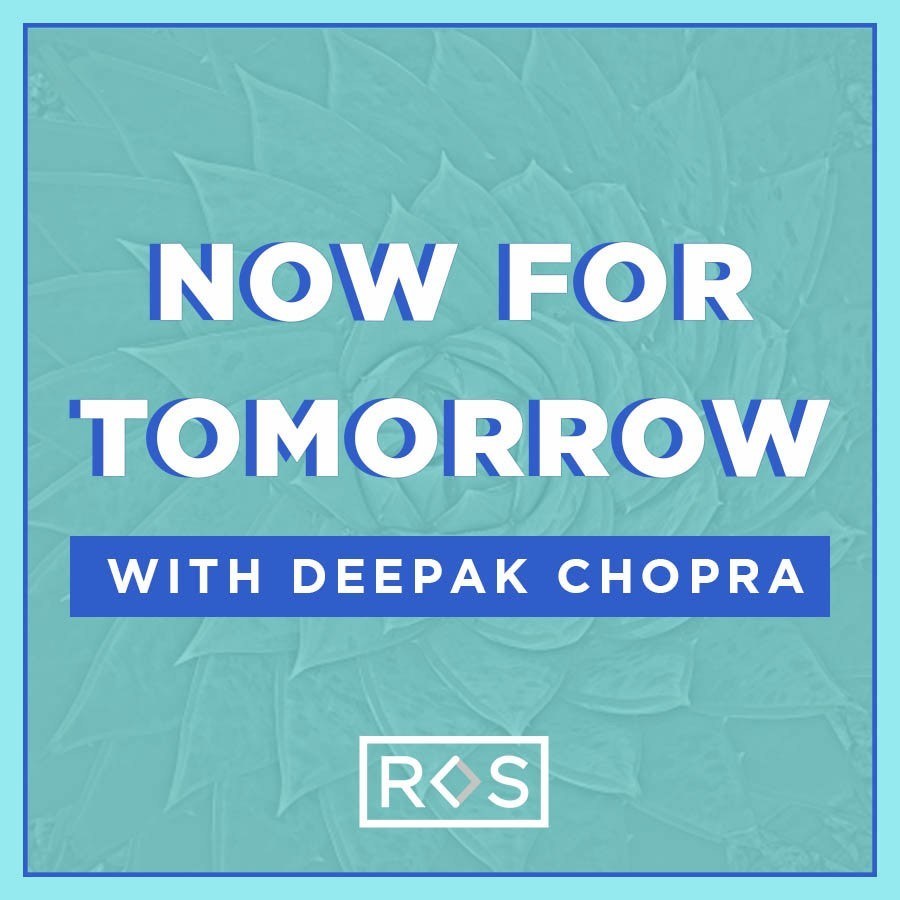
Deepak Chopra's "Now For Tomorrow" Podcast
"Hosted by Deepak Chopra, each episode contains a short prompt for reflection and contemplation rooted around actions that you can take immediately after listening." You can find this podcast on all major platforms.
Music and Video Streaming Platforms
I use Spotify to stream meditation music and guided meditations. I particularly love the "Daily Wellness" playlists that the app creates for its listeners based on their activity and interests. Other content streaming platforms like Apple, Audible, YouTube and SoundCloud also host plenty of meditations for you to explore.
UCLA Health Guided Meditations
The University of California Health Center has a selection of free guided meditations available on their website, or via the UCLA Mindful app.
Insight Timer
Insight Timer is a free meditation app designed for sleep, anxiety and stress. The app also offers live online events, yoga sessions, and a workplace subscription for employee wellbeing.
Literature
There's an immense amount of literature on meditation out there, including books on how to meditate, books about the power of meditation, books to meditate directly from with a mantra on each page, and even historical documents, such as the Meditations of Marcus Aurelius. Shop around and read some reviews to discover what's right for you.
Thanks for reading! Through meditation, you can feel more balanced, less stressed, experience less conflict, and more joy in your life.
Search Posts
Free Download
Popular Posts
Discover Online PT
Read More Helpful Articles
Subscribe For New Post Updates
Receive new posts, special offers, discounts, plus exclusive content that we only send out via email.
Don't miss out!

